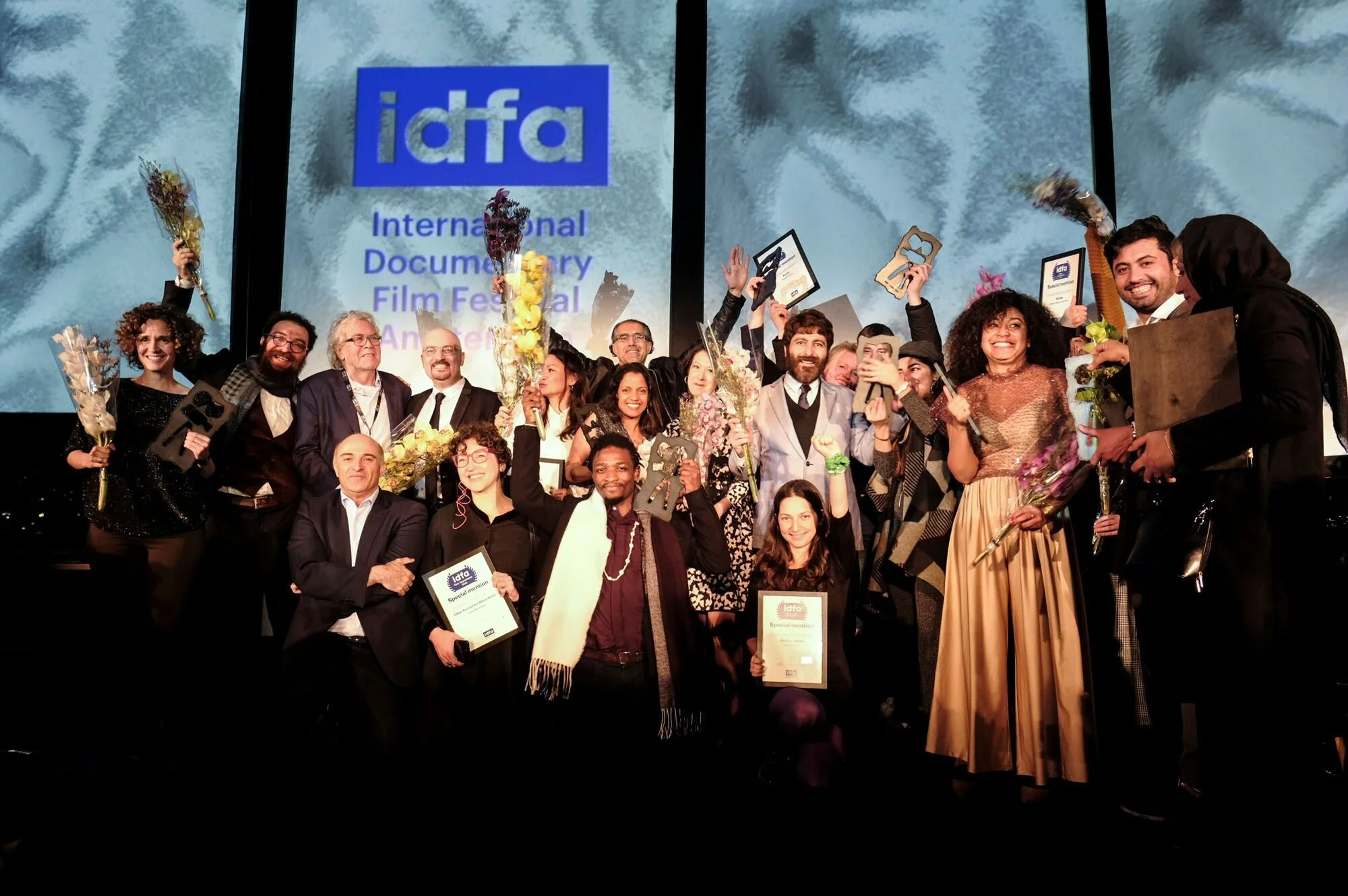5 films on why we should never take democracy for granted
The liberal democratic model is at a crossroads. Elections and political unrest around the world have exposed the cracks in our individualist, utilitarian path towards progress. As democracy recedes, people are turning towards authoritarian and theocratic leaders. It is sometimes hard to see this tide turning, but thankfully, documentaries are here to help. Doc Weekly was in attendance at the International Documentary Film Festival Amsterdam (IDFA) to pick out five of the of the most urgent films on the subject.
Nowhere is this more clear than in Brazil, where Lula won the presidential election in 2022 by a nail biting 1% of votes against populist right-wing leader Jair Bolsonaro. Lula’s success was to the dismay of many Evangelical christians, who account for 31% of the Brazilian population. As a substantial constituency, Evangelical leaders have been capitalising on their political influence, looking to Trump’s America for inspiration on how to take a stand against left-wing politics.
Oscar-nominated filmmaker Petra Costa explores the influence of popular TV pastors such as Silas Malafaia on former president Bolsonaro in Apocalypse in the Tropics, which will be coming to Netflix in 2025. Costa, untrained in scripture, decides to learn the religious texts that seemingly guide these Evangelical influencers. Yet the word of God doesn’t quite explain how Malafia built a profitable empire around his church, his desire for shadow power, or why Bolsonaro supporters attacked the Congress and Supreme Court in Brasilia in January 2023.
In a quest to understand the deepening divisions between Bolsonaro and Lula supporters in the lead up to the 2022 presidential election, filmmaker Sandra Kogut followed the daily lives of politically active Brazilians for At this Moment, in the Nation’s Sky. Talking to people of both political loyalties was an achievement in itself: Kogut was faced with scepticism and distrust at every stage, with some interviewees calling her out as a “leftist filmmaker”. At the end of the film, an Evangelical and Bolsonaro supporter cuts off contact with Kogut, saying, “It's like we’re living in two different Brazils.”
To bridge the ideological gap, Kogut focuses on the technicalities of the tense, lengthy electoral process, engaging with direct cinema and sharing video diaries from the participants. Her film shows how ordinary people, even in remote villages along the Amazon river, are determined to make democracy happen.
In an interview with Doc Weekly, Kogut said, “I wanted to show some concrete aspects of democracy and not just the concept, in the way they make an election happen, but also in the way people talk to each other and are able to listen to something they don't agree with.”
“The electoral justice process is one of the things that make a country a country. Why are we a country? It can't only be because we happen to be born in the same place. It has to be because we share some common values and a common system…But whenever the common ground is broken, then it's not democracy anymore.”
IDFA also hosted the world premiere of An American Pastoral, for which director Auberi Edler won Best Director in the International competition. Edler examines the growing influence of ethno-religious nationalism in a small town in rural Pennsylvania. In the election of a new school board, a young democrat faces off against extreme right-wing republicans, including grandmas with AK-47s, Trump supporters who drove rioters to the capitol on January 6th and white supremacist pastors. Like Kogut, Edler uses direct cinema, the camera quietly observing as distrust festers between parents and teachers.
An American Pastoral by Auberi Edler received its World Premiere at IDFA
Also having its world premiere at IDFA was Shot the Voice of Freedom by Zainab Entezar, about the women who have been protesting against the Taliban regime in Afghanistan since American troops withdrew in 2021. They bravely stand up for their rights to freedom, education and security while Taliban soldiers repress them in every way they can. Filming itself was an act of rebellion against autocracy; the additional risk of appearing before the camera was an act in honour of democracy.
Shot the Voice of Freedom by Zainab Entezar received its World Premiere at IDFA
Presently “72% of the world is under authoritarian rule”, as pointed out in Asif Kapadia’s film, 2073, a 2024 release that was featured in IDFA’s Best of Fests selection. The film is a “cinematic trip to the future” and a stark warning against the ultimate consequence of the autocratic events we see today. While the above films appear to be some extreme examples of our democratic recession, 2073 is a reminder to take nothing for granted, to never forget the vulnerability of democracy and to use every tool we have to protect it.









